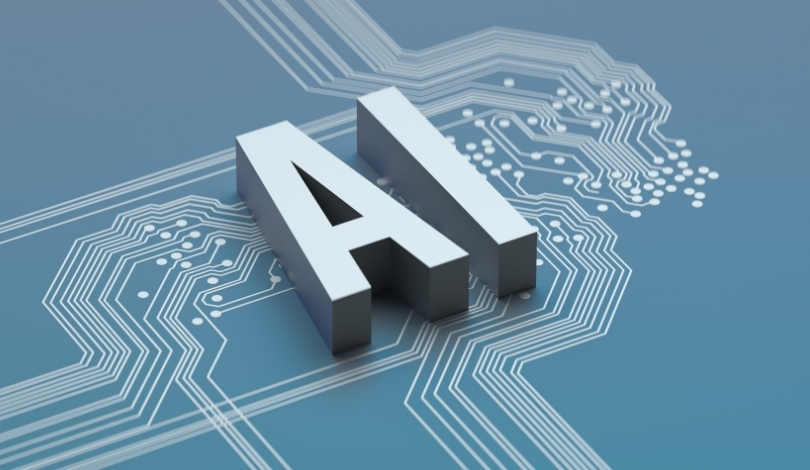The integration of AI in medical diagnostics has shown promising advancements, particularly in the field of skin cancer. By leveraging deep learning algorithms, healthcare providers aim to enhance the accuracy and efficiency of cancer detection. This innovation addresses a critical need amidst increasing cancer rates, especially among younger demographics. Emerging AI technologies are not only improving diagnostic outcomes but also encouraging behavioral changes that lead to timely medical consultations.
Previous studies revealed the substantial impact of AI on medical practices, especially in diagnostic accuracy and speed. Compared to traditional methods, AI has significantly reduced diagnostic errors and expedited the identification of malignancies. Despite technological advancements, human validation remains crucial to confirm AI-generated results. The combination of AI precision and human expertise paves the way for more effective early detection and treatment strategies.
AI Enhances Diagnostic Sensitivity
A recent study by Stanford Medicine investigated how AI assistance influenced clinicians’ ability to diagnose skin cancer. Without AI support, clinicians achieved a sensitivity of 74.8%. With AI integration, this rate increased to 81.1%, highlighting AI’s contribution to more accurate diagnoses. Notably, non-dermatologists exhibited the most significant improvement, showcasing AI’s potential to support various levels of medical expertise.
Behavioral Shifts Toward Early Detection
Cancer diagnoses have risen dramatically among those under 50, with melanoma skin cancer cases increasing by 38% in the last decade. Despite the effectiveness of early treatment, many individuals delay seeking medical advice. Research by Bupa revealed that only 9% of people would immediately consult a professional about a concerning mole. However, with AI-powered phone apps, this number rises to 33%, indicating that technology can drive proactive health behaviors.
Bupa has responded to these trends by launching Blua, a digital healthcare service offering at-home dermatology assessments. Customers can photograph skin lesions using their smartphones, and Blua’s AI compares these images to a vast database, identifying potential malignancies. This tool, which distinguishes between 302 skin pathologies, prompts users to seek further medical advice if needed, thereby facilitating early intervention.
AI and digital healthcare will continue to remove barriers to timely medical consultations. Services like Blua highlight the importance of convenience in healthcare, enabling individuals to address health concerns without significant time commitments. Such innovations are essential in today’s fast-paced world, where early detection can significantly improve clinical outcomes and save lives.










